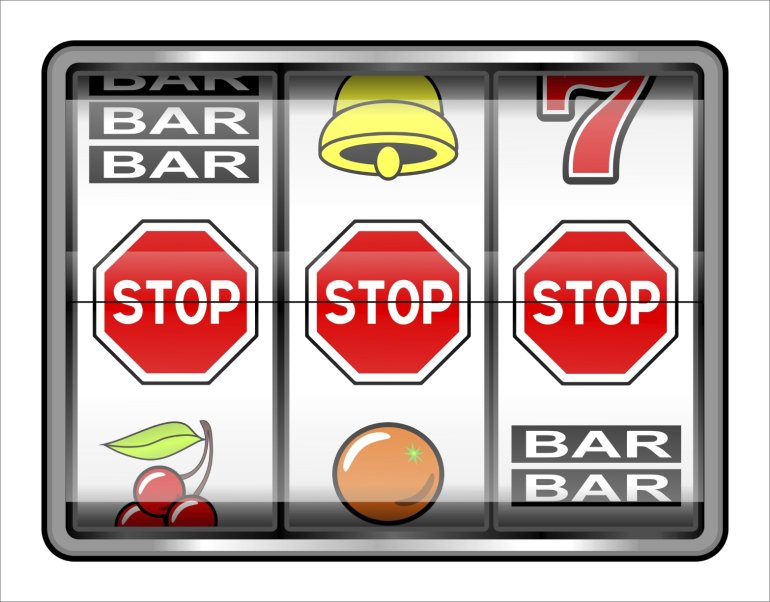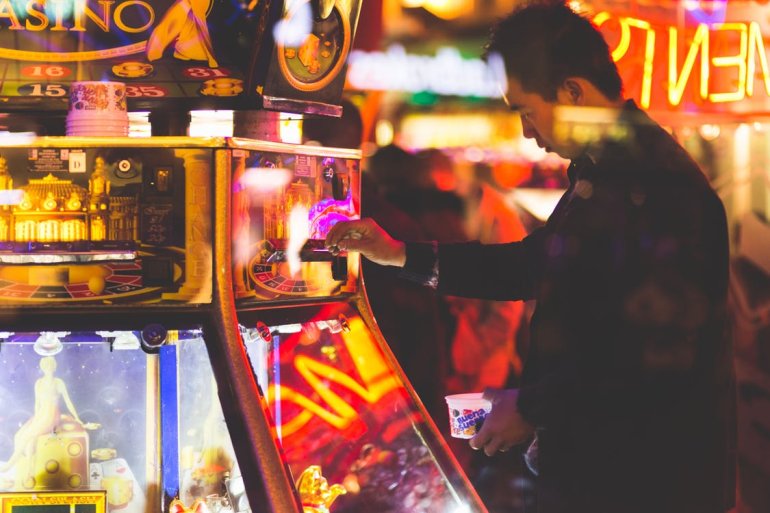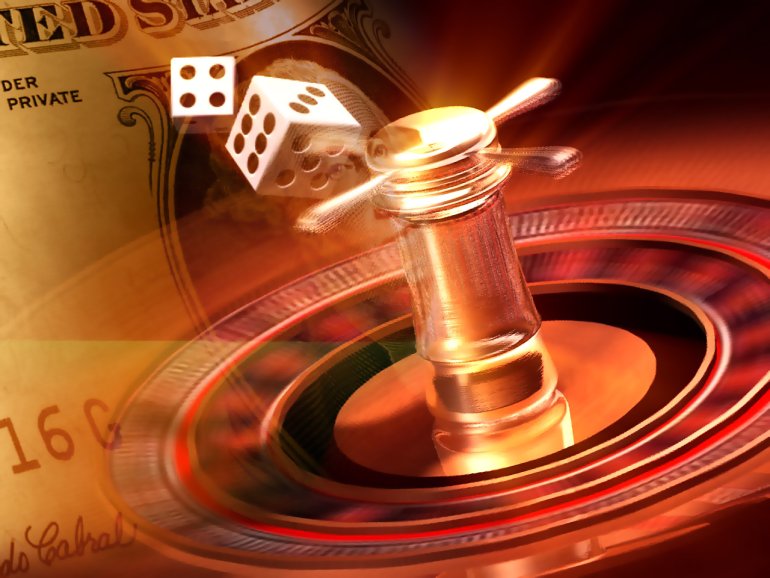Before going directly to the essence of the issue at hand, we want to warn readers that in this article (as well as in any other publications on Casinoz) we will not present the casino in the most favorable light and agitate you to start playing for money.
Our goal is to understand why this type of business is very often subjected to persecution by the authorities, as well as public, political and religious organizations.
Let's find out:
- How justified are the claims against gambling?
- Can gambling be helpful for the state?
- How dangerous is gambling for people of different ages and backgrounds?
Let's go!
Why is there an aversion to casinos?
As unfortunate as it is to realize, our stance on a particular issue is almost always a stance imposed on us by society in the broad sense of the term. We are more or less willing to tolerate legalized vices, but we accept with hostility what has long been unacceptable in our country.
For example, alcohol is a real scourge in many Slavic countries, but its use is part of a cultural tradition without which many people cannot imagine life. And some less harmful vices (we won't mention them, lest we be suspected of propaganda) are considered almost worthy of the death penalty in the eyes of the conservative population.
_770.jpg)
Many people inherit their aversion to casinos from their parents. There were no such establishments in the former Soviet Union. Several generations of people have grown up for whom gambling houses are one of the components of the "decaying West." They do not even want to understand the advantages and disadvantages of the phenomenon. It is easier for them to deny it immediately. However, they see no problem buying a lottery ticket or scratch card from a street kiosk because this type of entertainment is familiar.
Religious organizations play a significant role in creating a negative image of gambling. Most faiths consider gambling a vice. Naturally, their representatives fight them with varying degrees of zeal. Thus, it is very rare to find casinos in countries with robust religious structures that take part in the government.

Let's not forget about politicians. Many of them, sensing particular sentiments in society, make the fight against gambling one of the key points of their election programs. For example, a few years ago, in one of the post-Soviet states, the well-known "woman with a scythe" surprisingly abruptly hated casinos and went on a "holy war" against them. The leading characters of her party began to denounce the vices of the gambling business everywhere. However, only yesterday did many of them become regular customers of large establishments of this kind (and some still are).
As a result, the casinos were officially closed. The budget was deprived of solid revenues, and fans of such entertainment received nothing in return. It should come as no surprise that underground gambling developed with redoubled vigor, and the pockets of the officials covering it became even more swollen with bribes. Accordingly, the public's dislike of the gambling business has only increased. And the question arises:
Wouldn't it have been better to regulate it rather than just ban it?
By the way, the lack of strict state control only worsens the situation in the industry and strengthens the population's negative attitude. It's no secret that casinos tend to attract criminals like a paperclip magnet. Underground establishments are always full of dubious personalities, which causes a huge number of problems. On the other hand, the presence of solid establishments operating without violating the law rarely outrages citizens (ask the people of Monte Carlo or London about it).

Lastly, let's mention such a factor as one-sided (or even false) coverage of the topic in the media. To begin with, casinos become interesting to newspapers and television only when something really "interesting" happens there, for example, if someone is killed at the gaming table, if there is a gang fight in the hall, if robbers clean out the cash register, and so on. So, it turns out that the average person only hears terrible news about gambling establishments.
As you can see, if you do not strive for objectivity, you can find many reasons to dislike the casino.
What Is a Casino?
Any gambling club is just an entertainment institution offering a range of services. If it operates honestly and in accordance with local laws, there should be no claims against it. But if it violates some norms, its owners should be held accountable.
It's not the organizers' fault that players leave more money at the tables than they can afford. After all, gluttony is one of the deadly sins in Christianity, but no one closes restaurants because some of its customers are shoveling pounds of meat and pastries into themselves.

It should also be remembered that a casino is a business, not a charity. By opening it, the organizers expect to make money. Almost all games are based on mathematical advantage, expressed in several percent. If it seems unfair, just don't go to gambling establishments. But then also do not buy lotteries, because this parameter is many times higher in them.
So, losing part of the money can be considered a payment for services rendered and pleasure received. This is the most sensible approach.
Is There Any Point in Banning Casinos?
Gambling for money is probably not the most commendable activity. But as it happens, there has always been a place for gambling everywhere in human history. Ask representatives of the older generation how things were with this issue in the days of the Union, when the casino in the country was not even discussed. You will be surprised at the various illegal ways that flourished in those days. And all of them are fundamentally no different from what the customers of gambling houses do.
So, by banning casinos, the state encourages people to quench their thirst for gambling in unacceptable conditions. This contributes to the development of underground gambling and, in the end, deprives the state of solid revenues for the budget and a significant number of jobs.
In the modern gambling business, there are many examples of brilliant organizations. We are talking, in particular, about Indian casinos, operating on reservations in North America. Under the laws, revenues from them go to tribal social needs. Community members get jobs. The establishments contribute to infrastructure development. Children can use the money to study at decent universities, the elderly can enjoy free medical care, receive benefits and so on.
_770.jpg)
A similar scheme has also been implemented in Finland. For example, it is worth mentioning the offline and online PAF casino with betting controls, poker room, bingo hall, and other forms of entertainment. The state owns it and directs all revenues to socially valuable needs.
Agree. These are very good options for solving the problem, which could be implemented in the conditions of many post-Soviet states.
How Should You Treat Casinos?
Now, let's discuss how you should perceive gambling establishments so that their visit will not disappoint you. First, you should not go to a casino like going to work. Make gambling a source of income. It is hard work, requiring serious training, a significant amount of time, an impressive amount of money, and compliance with several additional conditions.
Moreover, professionals do not enjoy the gambling process.
- They act according to a premeditated plan, not allowing themselves to deviate from the developed strategy.
- They do not always stay on the plus side.
- Their lives are entire of stress and health problems.
So this craft looks beautiful and carefree only in feature films.

But playing for money should still be done after some preparation. Read articles on Casinoz written by experienced experts. They will help you avoid silly mistakes and maximize the likelihood of a positive result.
- First, you better prefer games where almost nothing depends directly on the user. This can be a classic European roulette or video slot. You can make a mistake in them only by choosing the bet size. Then, it remains to rely on the favor of fortune.
- Don't forget to learn the basic concepts. Learn how to manage your bankroll correctly: set limits based on your abilities, choose the bet size, etc. You should also be able to select the most profitable varieties of games. In short, do not be lazy when preparing a little.
- Understand the essence of gambling addiction. There is no need to assume that you are not at risk rashly. Often, exceptionally seasoned people at work and in life become victims of gambling addiction. You should be able to recognize its first signs. As soon as you notice them in yourself, immediately pause the game.
This will help you find articles on Casinoz. They address all issues related to gambling in any form.
These casinos provide excellent customer service.
| Casino | Withdrawal methods | Accepted currencies | |



+6
|
$, €, ₽, ₴ | ||



+3
|
$, €, R$, C$ | ||



+1
|
$, € | ||



+4
|
$, C$, zł, kr | ||



+66
|
— |
Closure
Let us repeat: we do not encourage you to go to the casino. If your soul does not require gambling, calmly enjoy life without it. However, think carefully every time you are going to speak for or against gambling. The situation with it is not as simple as it may seem at first glance.
If this industry is adequately organized, it can certainly benefit the state. On the other hand, lack of control in this area inevitably leads to increased crime, more gamblers, and other troubles.
In short, be sensible. Good luck to you!






























